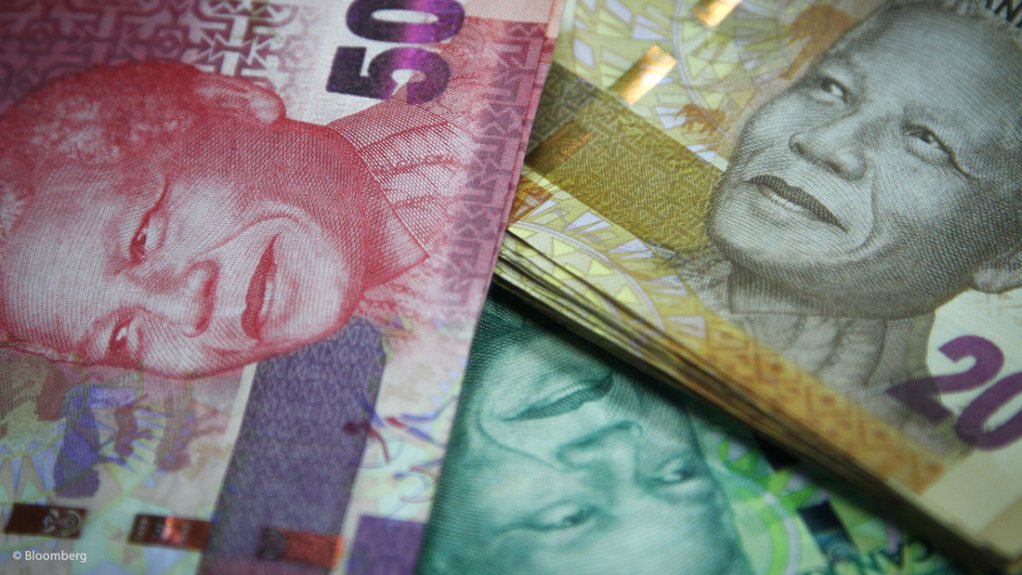South Africans’ perception of the country’s level of corruption remained stable over the past two years, the 2013 global Corruption Perception Index (CPI), compiled by Transparency International, revealed on Tuesday.
The CPI measured perceived levels of public sector corruption and ranked countries based on a scale of zero to 100, where zero meant the country was perceived as highly corrupt and 100 meant the country was perceived as clean.
South Africa ranked seventy-second out of 177 countries surveyed in the 2013 CPI and scored 42 out of 100, while in 2012 it ranked sixty-ninth out of 176 countries, with a score of 43.
“Our ranking and score are far from satisfactory but we take some comfort from the fact that our position seems to be stabilising. However, there is certainly no room for complacency. The Transparency International survey is establishing, once again, that perceptions of corruption remain very strong,” Corruption Watch executive director David Lewis said.
Transparency International pointed out that corruption within the public sector remained one of the world’s biggest challenges. "Public institutions need to be more open about their work and officials must be more transparent in their decision-making. Corruption remains notoriously difficult to investigate and prosecute," it stated.
More than two-thirds of the 177 countries ihad scored below 50 in this year's index. Denmark and New Zealand, each with a score of 91, had achieved the highest ratings, while Afghanistan, North Korea and Somalia, each with a score of eight, were the worst performers.
Meanwhile, Corruption Watch stated that examples of behaviour that bore out South Africa’s index scores included the level of outrage expressed by the public in the form of service delivery protests and eagerness to report corruption to independent civil society-based organisations such as Corruption Watch.
The perceptions were also indicative of a public that had become intolerant of the abuse of public resources and was losing trust in political, public and business leadership, the organisation said.
“The challenge is now to turn corruption around. There are some signs of determined action to combat corruption in the public sector. For example, the anticorruption measures that the Department of Public Service and Administration is attempting to put in place are commendable,” Lewis noted.
He added that these actions were, however, countered by the continuing impunity on the part of those who were politically and financially powerful. “The Gupta wedding saga and ongoing fiasco surrounding the President’s private Nkandla residence are indicators in the past year of impunity in operation.”
Corruption Watch believed perceptions of corruption would not change until political and business leaders were held accountable for their conduct.
EMAIL THIS ARTICLE SAVE THIS ARTICLE
To subscribe email subscriptions@creamermedia.co.za or click here
To advertise email advertising@creamermedia.co.za or click here











